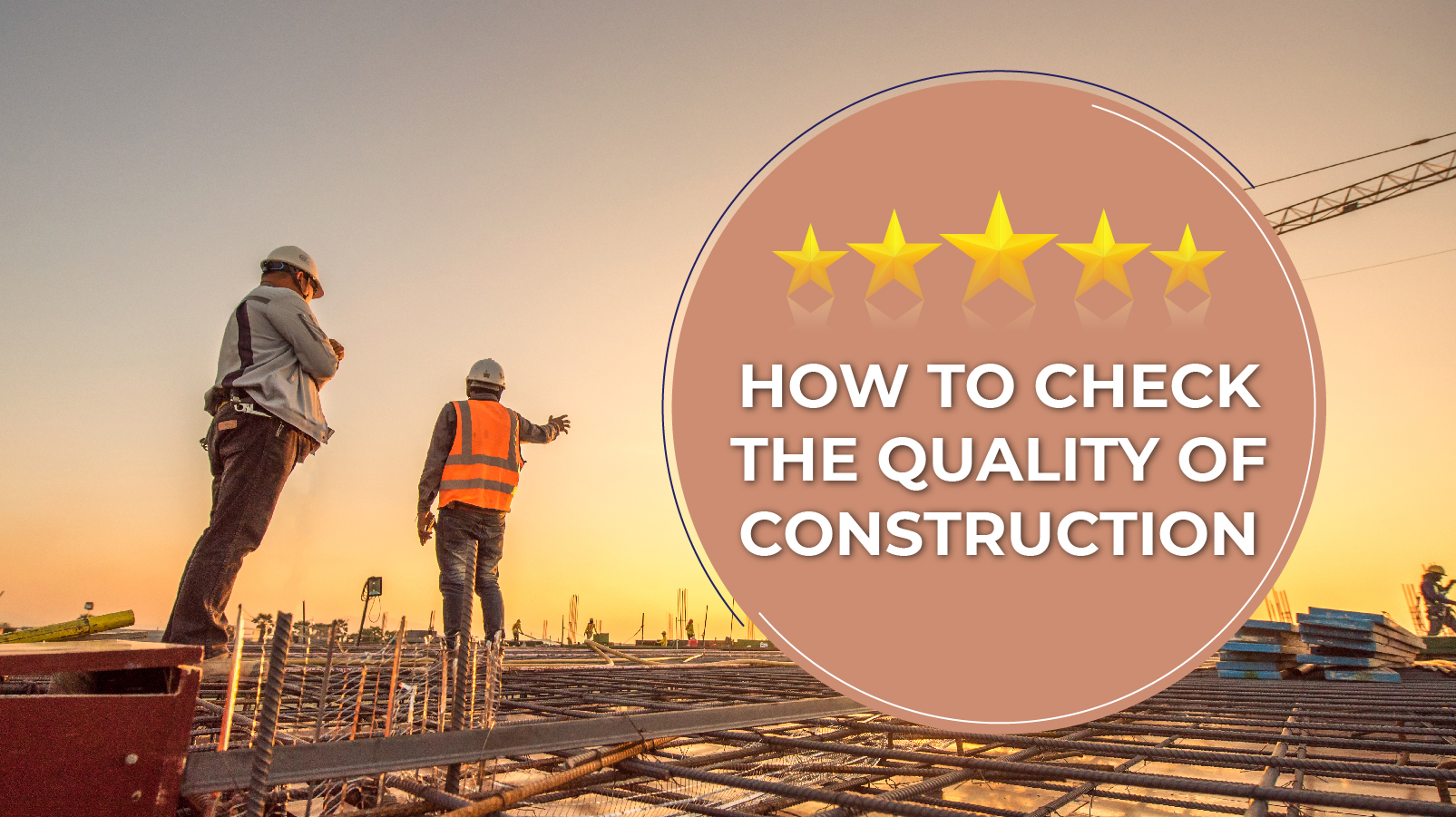Buying an investment property continues to be one of Indian’s favourite ways to invest. An investment property should be about increasing your wealth and securing your financial future. There is however, a common misconception that property investing always delivers positive returns, while this is true most of the time it certainly isn’t an instant road to riches. You need to keep in mind that how effectively you manage your investment will determine whether or not the investment helps you reach your financial goals.
- Choosing the right property at the right price
Investing in real estate is usually all about capital growth, so choosing a property that is more likely to increase in value is the most important decision you will make, so buying at the right price is absolutely critical.Ensure that you have a steady rental income stream is also vital because this cash flow will make the holding of the asset more affordable and provide income.
- Keep a watch on your Cash Flow
Investing in property is a proven path to long-term wealth, however, you should consider it a medium to longer term type of investment, so you’ll want to make sure that you can afford to maintain your mortgage repayments over the long term. Make yourself aware of taxes involved in property investing and add these into your calculations. Advice from your accountant is vital in this regard as these can change over time. Stamp Duty, Capital Gains Tax, and Land Tax all need to be taken into account. You should know also that banks only take 80% of the rental income into account when working out whether you can afford an investment loan.
- Find a good property manager
Property manager is usually a licensed real estate agent that is a professional in their field, their job is to keep things in order for you and your tenant. The property manager should be able to give you advice on property law, your rights and responsibilities as a landlord – as well as those of the tenant. The property manager will also help you find the right tenant, conduct reference checks and make sure they pay their rent on time. You should however make regular independent inspections of your property to make sure that the tenant is looking after your investment but always go through your agent and give plenty of notice.
- Understand the market and where you are buying
Consider what other properties are available in the immediate area and speak to as many locals and real estate agents as you can. Make sure you do the leg work and consult professionals you can trust. Accessing independent information from a source such as RP Data can give you information on average rents, property values, demographics and suburb reports.It is also a good idea to find out what changes may be happening in your suburb and local council can often help here.
- Use the equity from another property
Leveraging equity in your home, or equity from another property investment, can be an effective way to buy an investment property. Equity is the amount of money in your home that you actually own. It can be calculated by working out the difference between what your property is worth and what you owe on the mortgage.
- Check the age and condition of the property and facilities
Even with negative gearing, needing to replace the roof or hot water service in the first few months of ownership could make significant difference to your incomes and really damage your cash flow.It is therefore advisable to engage a professional building inspector before you purchase (and then once a year) to conduct a thorough inspection of the property to find any potential problems.It is also wise to use a qualified trades person who is licensed to carry out the work and who has adequate insurance to protect you against poor workmanship.
- Take a long-term view and manage your risks
Property is a long-term investment and you should not rely on property prices rising straight away. The longer you can afford to commit to a property the better and as you build up equity then you can consider purchasing a second investment property. Do not get too materialistic and find the right balance between financial stability and still being able to enjoy life. Financial security is very important but life is not just about mathematics.






